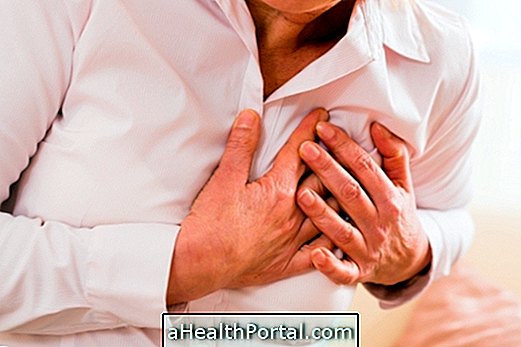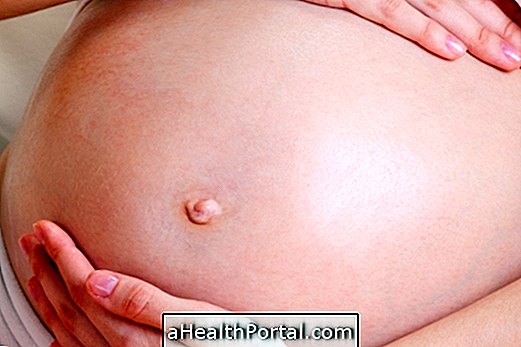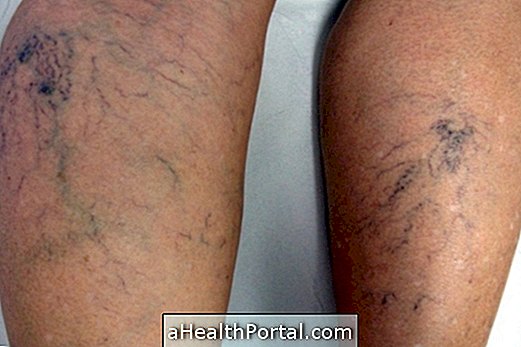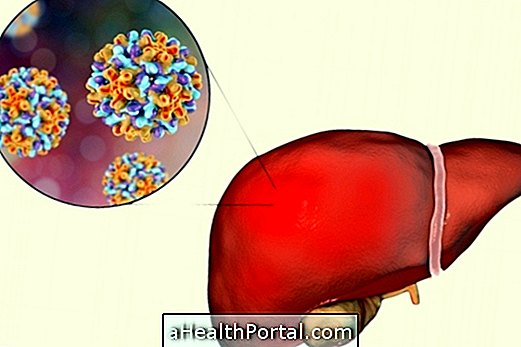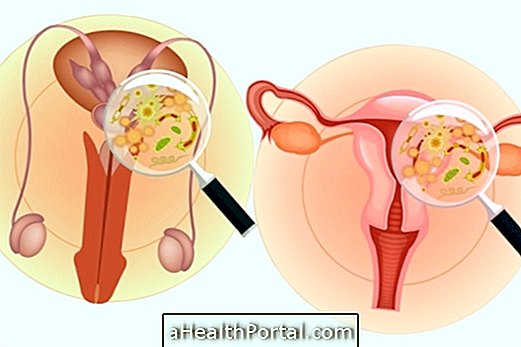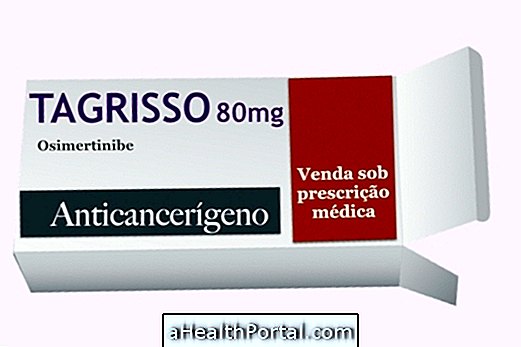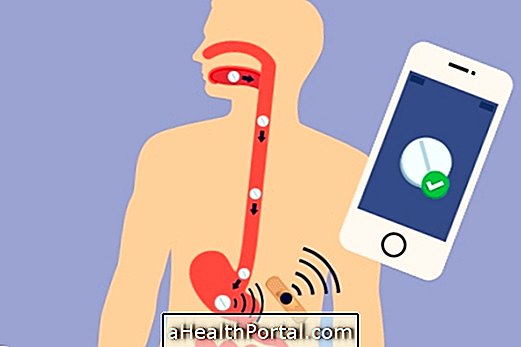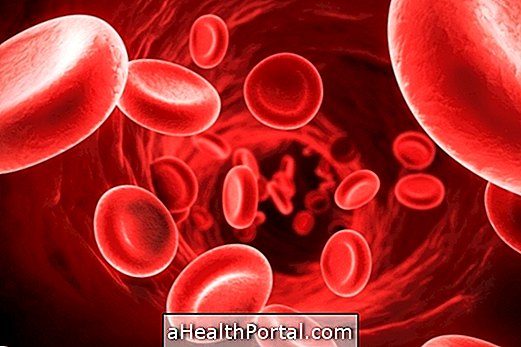Symptoms of salmonella infection, also known as salmonellosis, are usually similar to any other gastroenteritis, including vomiting, severe diarrhea and fever above 38 ° C. So the only way to know that the symptoms are being Salmonella is by doing a fecal examination in the lab.
Salmonella is a type of bacteria that can be ingested through the consumption of food contaminated with animal feces, which can happen if you eat a poorly cooked egg or when you wash your hands before cooking, for example.

The intestinal infection caused by salmonella is strong and dangerous as it can spread quickly to other organs, causing typhoid fever, which can lead to death. Here's how to treat typhoid fever.
How to know if I have salmonella
If you think you may have gastroenteritis caused by salmonella, select the symptoms you are feeling:
- 1. Constant diarrhea Yes No
- 2. Stool with blood Yes No
- 3. Frequent abdominal pain or cramping Yes No
- 4. Nausea and vomiting Yes No
- 5. General malaise and tiredness Yes No
- 6. Fever below 38º C Yes No
- 7. Loss of appetite Yes No

These symptoms may appear up to 10 days after the consumption of the contaminated food and usually stay for about 5 to 7 days until the patient is fully recovered. They can also vary in intensity according to the amount of contaminated food ingested and the level of contamination of the food.
How to confirm the diagnosis
The symptoms presented during a salmonella infection help the doctor to confirm that you have a gastroenteritis, however, the only way to confirm that the infection is being caused by salmonella is to do a stool test, in which a stool sample is sent to the laboratory, in order to identify which bacteria are present.
Identifying the bacteria that is causing the gastroenteritis helps the doctor better tailor the treatment, allowing you to select the best antibiotic to eliminate the bacteria. Here's how to treat an intestinal infection, such as salmonellosis.
When to go to the doctor
In general, salmonella poisoning does not require hospitalization, but if symptoms persist for more than 3 days, seek medical advice because it is possible that the contamination has been due to the severe forms of the disease.
In these cases, in addition to drinking enough fluids to maintain hydration and control the symptoms of the disease, treatment also includes the use of antibiotics.
It is important to remember that children, pregnant women and the elderly are more sensitive to intestinal infections, and should be taken to the doctor as soon as the symptoms are identified.
Here's how to prevent Salmonellosis and what its complications are.



